

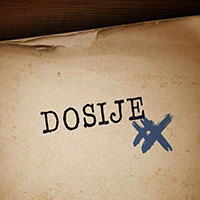
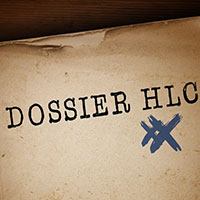 Approximately 1,400 civilians were killed in the area of responsibility of the 37th Brigade of the Yugoslav Army in Kosovo in 1999. The mortal remains of a number of victims were discovered in mass graves in Serbia. The present Chief of General Staff of the Serbian Army, Ljubiša Diković, was the Commander of the Brigade at this time. Neither he nor any members of his unit have been held accountable for these crimes.
Approximately 1,400 civilians were killed in the area of responsibility of the 37th Brigade of the Yugoslav Army in Kosovo in 1999. The mortal remains of a number of victims were discovered in mass graves in Serbia. The present Chief of General Staff of the Serbian Army, Ljubiša Diković, was the Commander of the Brigade at this time. Neither he nor any members of his unit have been held accountable for these crimes.
The evidence showing the presence and the role of the Yugoslav Army in the mass killings of civilians in Izbica, Čirez, Savarine, Rezala and other villages in the Drenica region is presented in the film titled “Ljubiša Diković and the 37th Brigade in Kosovo”, made by the Humanitarian Law Center. This evidence has already been presented in the “Ljubiša Diković” and “Rudnica” Dossiers.
A number of TV services in Serbia, including the public broadcasters Radio and Television of Serbia and Radio and Television of Vojvodina, have refused or have not responded to the request that they screen the film. For this reason, the film will be posted on the HLC’s webpage and youtube channel on Tuesday, February 21st at 11:00 a.m.

 On February 18th, 2017, it was 24 years since members of the then Yugoslav Army (VJ) attacked and destroyed by shelling the village of Kukurovići in the municipality of Priboj (Serbia), in which the majority of the population were Bosniaks, and killed three villagers. The Humanitarian Law Center (HLC) and the Sandžak Committee for the Protection of Human Rights and Freedoms (Sandžak Committee) use this opportunity to remind the public that even after 24 years, the state of Serbia does not accept responsibility for the crime and refuses to punish the perpetrators and compensate the victims’ families and those residents of Kukurovići whose property was destroyed.
On February 18th, 2017, it was 24 years since members of the then Yugoslav Army (VJ) attacked and destroyed by shelling the village of Kukurovići in the municipality of Priboj (Serbia), in which the majority of the population were Bosniaks, and killed three villagers. The Humanitarian Law Center (HLC) and the Sandžak Committee for the Protection of Human Rights and Freedoms (Sandžak Committee) use this opportunity to remind the public that even after 24 years, the state of Serbia does not accept responsibility for the crime and refuses to punish the perpetrators and compensate the victims’ families and those residents of Kukurovići whose property was destroyed.
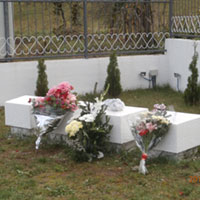

On receiving the order of the Administrative Court to decide once more on the request filed by Rasim Pecikoza, the Ministry of Labour, Employment, Veteran and Social Affairs again refused to grant him, as a family member of a civilian victim of war, the right to a monthly cash benefit, and explained this decision by stating that this right cannot be granted to a victim who died outside the territory of Serbia. The Humanitarian Law Center (HLC), which represents Rasim Pecikoza, holds that the Ministry has acted in violation of the law and contrary to the positions taken by the Administrative and Constitutional Courts, thus placing itself above judicial institutions, and has confirmed its earlier intention to deprive the greatest number of civilian victims of war in Serbia of their legally guaranteed rights. The HLC will again seek, in this case and in other similar cases, protection before the Administrative Court on behalf of the plaintiffs.
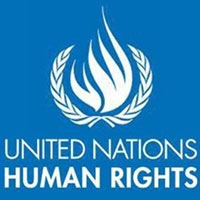

As part of its 119th session scheduled to take place from March 6th until March 29th, 2017, the UN Human Rights Committee (Committee) will discuss the third periodical report by Serbia on the application of the International Covenant on Civil and Political Rights (International Covenant). The Humanitarian Law Center (HLC) has sent a report to the Committee on the situation in Serbia and the progress made since the previous reporting cycle in 2011.
In its Report the HLC has focused on the respect for the right to life, the prohibition of torture and other cruel, inhumane and humiliating treatment or punishment, and the right to an effective remedy (contained in Articles 2, 6 and 7 of the International Covenant), and concentrated on the list of additional issues that the Committee sent to Serbia regarding the third periodical report and the responses Serbia has given in that regard.
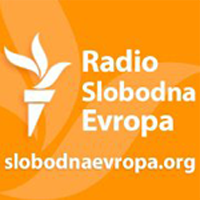
Sorry, this entry is only available in srpski.

Sorry, this entry is only available in srpski.